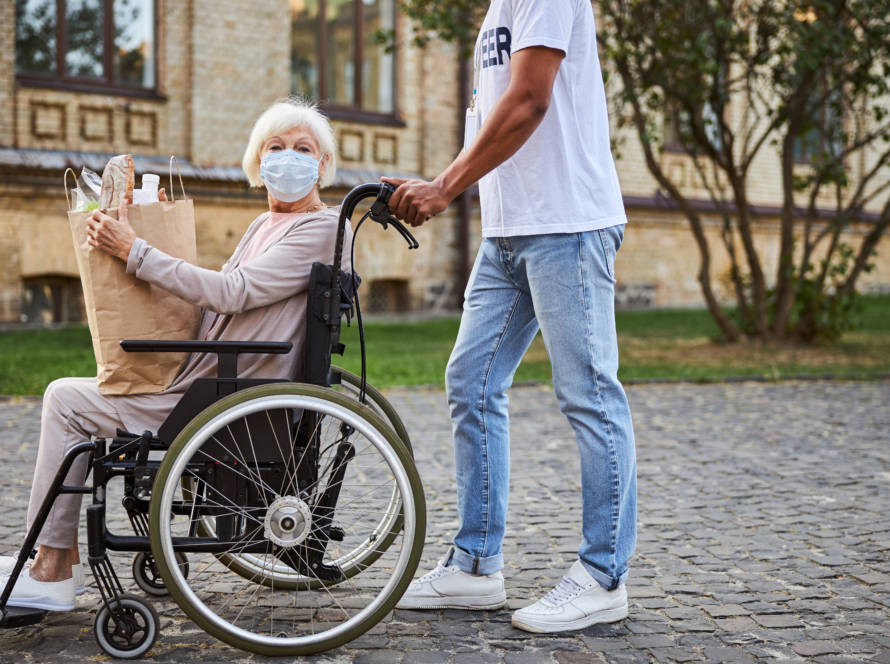It is important for you and your pet to be prepared before a disaster strikes. But here are some tips and strategies for you to consider in the midst of an emergency and how you both can recover afterwards.
During a Disaster or Emergency

Be sure to have your pet disaster kit ready if you decide to evacuate. Also ensure that your intended evacuation centre allows pets. If you plan to shelter in place keep your pet in a room with few windows and with no harmful substances, chemicals or plants.
Remember that disaster conditions such as loss of electricity, clean water shortages, overcrowding may lead to high exposure to sickness and diseases. This also applies to your pet. Some illnesses can be transmitted between animals and people, or just between animals. This may also be a risk you take if you take your pet to a boarding facility with other animals who may not be up to date in vaccinations. Here are some tips to keep your pets healthy during a disaster:
- Wash your hands frequently before and after dealing with your pet, their food and/or its waste.
- Keep your pet up to date on all vaccinations, heart-worm, flea and tick preventatives. This is especially important if you plan on keeping your pet in a boarder facility with other animals.
- If possible, keep your pet away from other animals, especially stray or wild animals. Fleas, ticks and mosquitos are also common disease carriers so be watchful of these animals around your pet.
- Report any bites or wounds to your vet immediately. If knowledgeable, apply proper first aid.
- Properly clean and disinfect your pets’ carriers and litter boxes, and wash your pet’s bedding regularly.
- Avoid your pet drinking stagnant or contaminated water, especially after flooding during and after natural disasters.
- Keep your pet on a leash or in their carrier.
- Be cautious of how you handle your pet because they may behave differently in a stressful situation. Remember to make them feel as comfortable and safe as possible.
After a Disaster
Disasters, emergencies and evacuations are stressful situations for you, so they will also be stressful for your pets. Also, after a disaster event familiar landmarks and scents may have changed. Your pet’s behaviour may change dramatically after a stressful event, becoming defensive, confused, anxious or aggressive, or even ill. Be alert to their behaviour to ensure the safety of your pet, other animals and other people.
- Before you take your pet off-leash or out the carrier, ensure that your surroundings are safe. There may be damaged fences, trees or gates which may confuse your pet.
- Be aware of hazards at nose or paw or hoof level, like debris, wildlife in the area (eg. snakes), sharp objects, chemicals and fertilisers, flooded areas or downed power lines.
Remember that this may be a confusing time for your pet. Give them the space and time to readjust.



